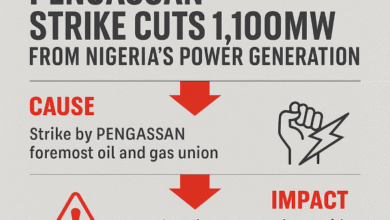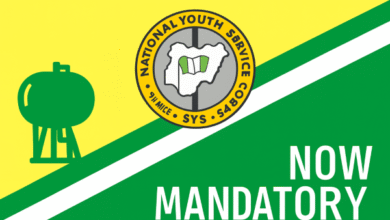FIFA criticises World Cup City
FIFA secretary general Sao Paulo on Sunday criticised the decision of a Brazilian host city to cancel its Fan Fest, saying the event allowing fans to watch games for free on large screens is an important part of the FIFA World Cup
Valcke made his comment after authorities in Recife in northeastern Brazil said they would not spend public money on a Fan Fest, which lets fans without tickets for football’s premier tournament to watch matches in public areas.
“Not having a Fan Fest is a mistake, to make it very clear,” Valcke said.
While Recife was the first city to officially cancel the event, others among the 12 Brazilian host cities have expressed concerns about whether it is worth spending public money on events that usually combine football with musical and cultural attractions. Local vendors are not allowed in the Fan Fest area, which is restricted to products of official World Cup sponsors.
Valcke dismissed the idea that FIFA profits from such events, saying they are something “for the city” and the local fans.
“A Fan Fest is a big part of the organisation of the World Cup,” Valcke said. “If you don’t have a Fan Fest, you are missing something … the kind of communion of people playing a game, playing a part of what a World Cup is for a country.”
Fan Fests first became part of the official FIFA program in Germany in 2006, following the huge success of unofficial public viewing events in South Korea in 2002. In 2010, the idea was expanded so that not only did South African host cities stage Fan Fests, but six other international venues also held events.
Valcke is in Brazil for an inspection tour of three host cities. His stop on Sunday was in the jungle city of Manaus, which has confirmed a Fan Fest for about 35 000 people on match days next June.
The secretary general arrives as Brazil continues to struggle to finish its World Cup preparations. With less than four months before the opening match, five stadiums remain under construction and there are doubts whether the southern city of Curitiba will remain in the tournament amid significant delays in work on its arena.
The Arena da Amazonia in Manaus is one of the unfinished stadiums, although Valcke seemed happy with what he saw at the site, which is 97 percent completed.
Valcke will visit the capital of Brasilia on Monday and then goes to the southern city of Porto Alegre, where another problem awaits him. Local officials are continuing to fight over who will pay the nearly $13m needed to build the temporary facilities required by FIFA outside the venue.
“If the problem is not solved, there is a risk we are dropped from the World Cup, and it’s not a small risk,” said Giovanni Luigi, president of Internacional, the Brazilian club in charge of the Beira-Rio stadium in Porto Alegre.
Luigi said the club alone should not be responsible for the cost, but local officials don’t want the government to get involved.
After visiting the three host cities, Valcke will head to the southern city of Florianopolis to attend a meeting with representatives of all 32 World Cup teams. His trip ends with a board meeting of the local World Cup organizing committee Friday, also in Florianopolis.












